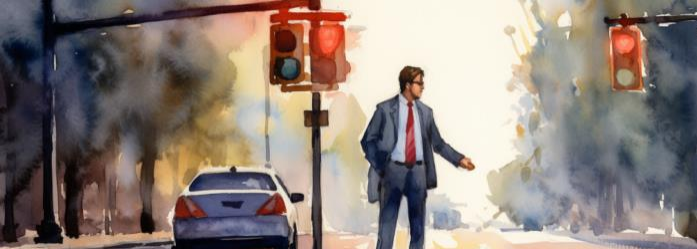In spite of robust amicus backing, including from the US Solicitor General, the Supreme Court has declined to review two pending patent-eligibility petitions: Interactive Wearables v. Polar and Tropp v. Travel Sentry. These cases contended that
the Alice/Mayo framework produced (1) instability and unpredictability in the law; (2) facilitated non-evidence based judgments by district courts; and (3) prohibited patenting of subject matter that has traditionally been eligible for patents.

In my perspective, these cases wouldn’t have led to pro-patentee opinions from the Supreme Court as the inventions involved were not firmly rooted in technology. Rather, the court would likely have regarded the appellate cases as correctly denying eligibility. The case of utmost importance still awaiting judgment, in my opinion, is CareDx Inc. v. Natera, Inc. CareDx is centered around the eligibility of an important diagnostic method for early detection of transplant
organ failure. In this instance, the patent holder (Stanford University) solved a significant, longstanding problem that others had been unable to resolve. However, the lower courts determined that the patent claims were improperly directed towards a law of nature. Another petition pending before the Court is the eligibility appeal in Avery Dennison Corp. v. ADASA Inc. In the Avery Dennison case, the patent for RFID unique-ID encoding was deemed eligible and
therefore valid on debatable grounds. The patent challenger has petitioned the Supreme Court, arguing that the lower courts are unduly narrowing their eligibility assessment. A further petition, Killian v. Vidal, was reportedly filed in April but
has yet to appear on the Supreme Court docket. Killian’s patent application proposes a computerized algorithm for detecting “overlooked eligibility for social security disability insurance.” The petition contends that the uncertainty created by the courts, along with the non-statutory eligibility exceptions, amount to violations of the Administrative Procedure Act (APA) and Due Process. Furthermore, the petition asserts that these judge-made exceptions “overstep the constitutional authority of the courts.” This petition has a minimal likelihood of being granted.
